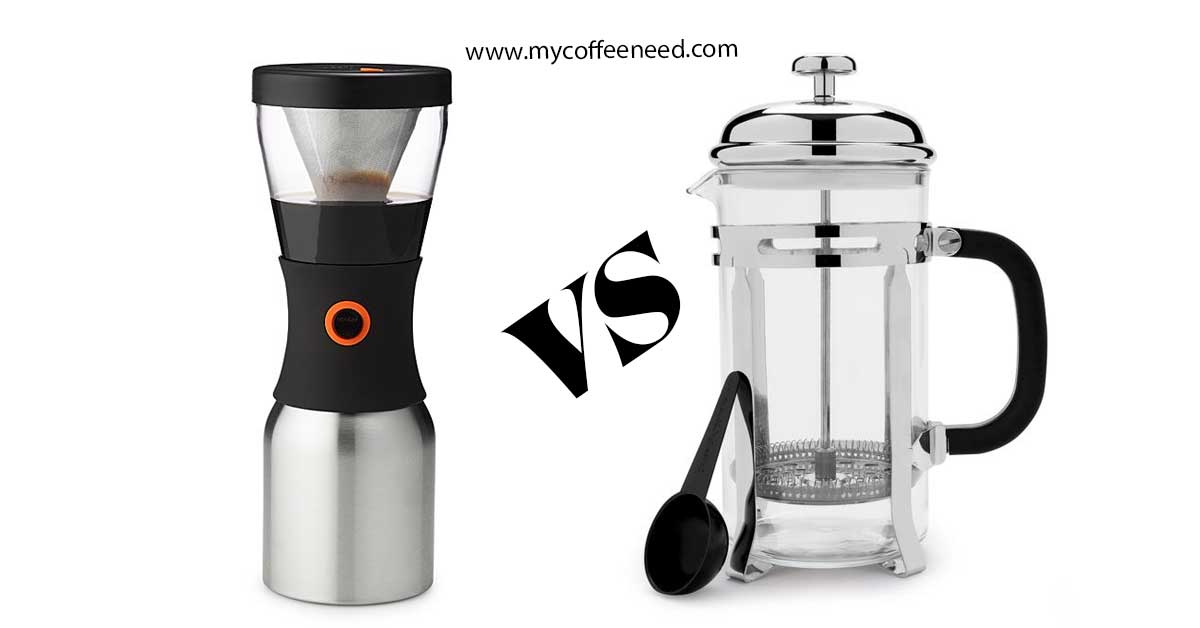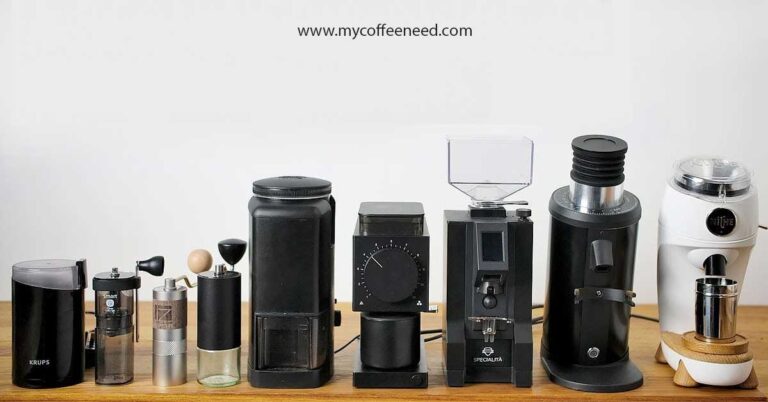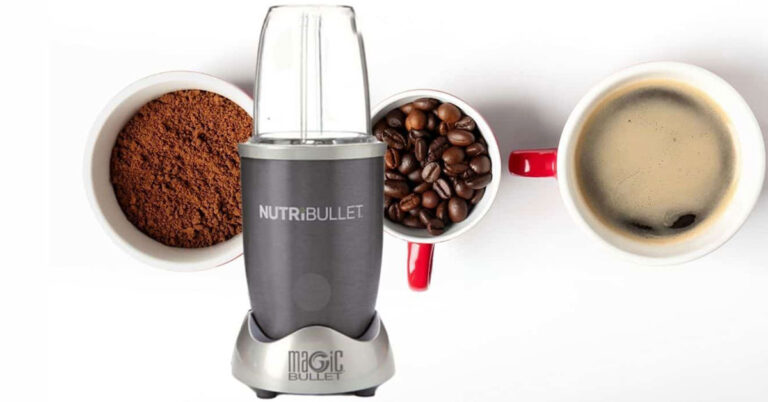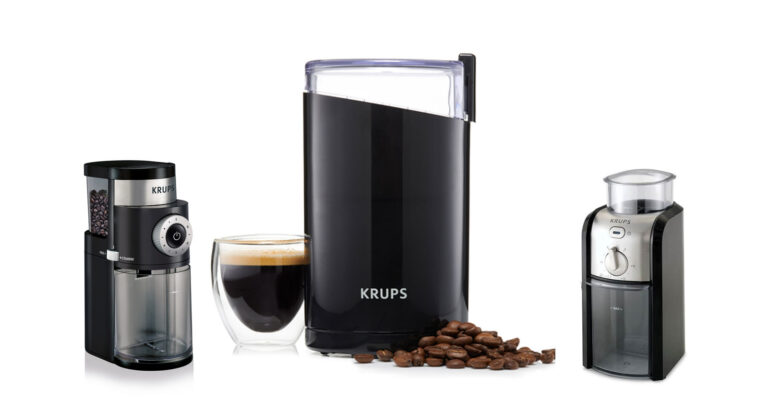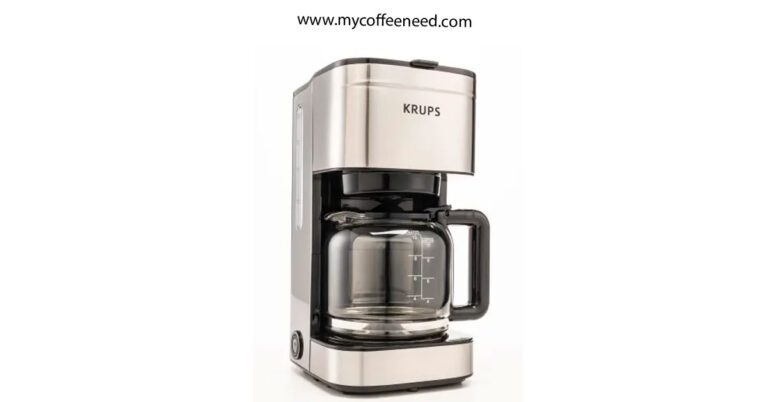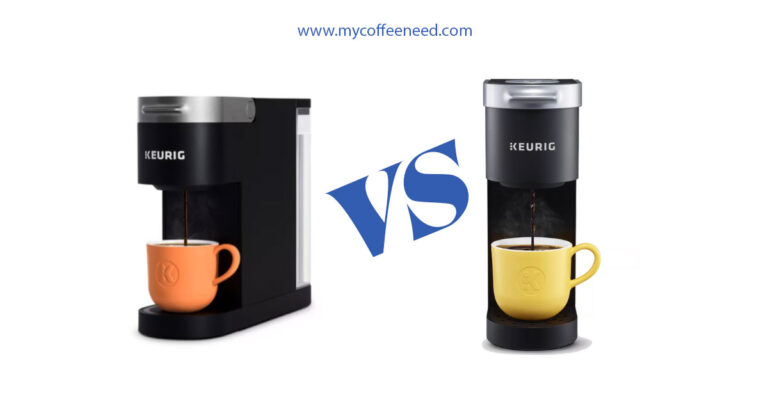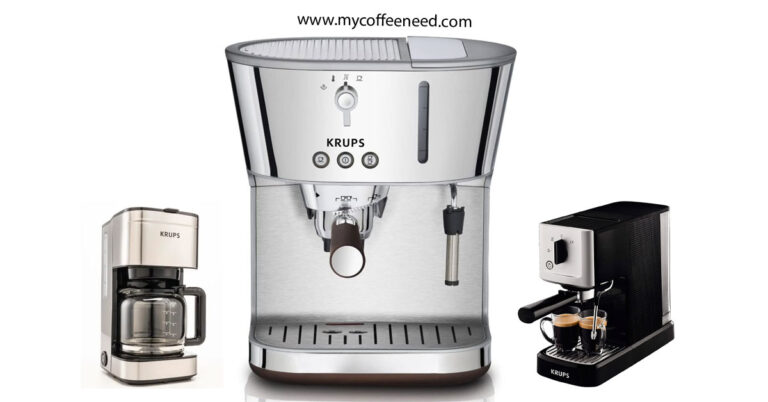Cold Brew Coffee Maker vs French Press
If you’re a coffee enthusiast, you’ve likely heard the ongoing debate: cold brew coffee maker vs french press. But what does this really mean for you, and your daily cup of joe? There’s a good reason why this question keeps coming up – both brewing methods promise a great way to enjoy your best coffee at home, each with its distinct flavor profile and brewing process. Whether you’re a fan of cold brew coffee concentrate for hot summer days, or prefer the robust flavor offered by a french press coffee maker, your choice ultimately boils down to personal preferences.
In this ultimate guide, we dive into the nitty-gritty of these two popular brewing methods, comparing everything from the type of coffee grounds used, to water temperature, brewing time, and the coffee-to-water ratio. Whether you’re an aficionado of the cold brew process, a loyal french press user, or a beginner exploring different brewing methods, this comprehensive comparison will help you find the perfect method to match your taste preferences and ease of use. So, let’s delve into the cold brew coffee maker vs french press debate, shall we?
Cold Brew Coffee Maker
The Cold Brewing Process
The secret behind the cold brew coffee maker is the brewing process itself. Instead of using hot water to extract the flavors from the coffee grounds, cold brewing utilizes room temperature or cold water, steeping coarse grounds for an extended period, usually 12-24 hours. This gentle brewing method results in a cup of coffee that is less acidic, smoother, and more mellow compared to hot-brewed coffee. It’s an easy way to make cold coffee that is perfect for those hot summer days, without needing any special equipment.
Cold Brew Coffee Concentrate
Another reason why many coffee lovers are turning to the cold brew coffee maker is the ability to create a strong cold brew concentrate. This concentrate, achieved through a longer brew time and a generous coffee-to-water ratio, can be diluted with cold water or milk to taste, served over ice cubes, or even warmed up for a hot coffee. The result is a highly versatile beverage that retains a full-bodied flavor, despite its dilution, a feature that other brewing methods such as the french press or drip coffee maker can’t match.
Special Equipment
While some might think you need a dedicated cold brew coffee maker or a Toddy cold brew system to get started, the reality is different. You can make your own cold brew with a simple mason jar or any large container, a mesh filter, and of course, your favorite coffee beans. No special equipment is required for cold brewing at home, making it an accessible method for all coffee enthusiasts who enjoy experimenting with different ways to brew their favorite beans.
French Press
French Press Method
For decades, the French Press has been a favored tool for many coffee enthusiasts due to its simplicity and the unique, robust flavors it brings out from the coffee beans. Contrary to the cold brew maker, the French Press method uses hot water to extract the flavors, oils, and essence from the coffee grounds, offering a cup of coffee with a rich, full-bodied flavor and aroma that is difficult to achieve with other methods. The French Press doesn’t require paper filters, instead utilizing a metal filter which allows more of the coffee’s natural oils and fine particles into the final brew, contributing to its distinct flavor profile.
French Press Brewing Process
The French Press brewing process is another example of how great coffee doesn’t need to be complicated. To begin, coarse coffee grounds are placed in the glass carafe, then hot water is added, typically in a circular motion to ensure all the grounds are evenly soaked. The mixture is then left to steep for a few minutes, during which the hot water extracts the flavors and oils from the grounds. After the brewing time, usually 4-5 minutes, the plunger is slowly pushed down, separating the spent grounds from the liquid, giving you a fresh, hot cup of coffee. It’s a simple, elegant method that appeals to both beginners and coffee connoisseurs for its ease of use and the high-quality brew it produces.
Differences in Brew Quality
Acidity and Flavor
When considering a cold brew coffee maker vs french press, the final brew’s acidity and flavor play a crucial role in determining the best method for your taste preferences. The brewing process of each method profoundly impacts these elements.
Due to the cold brewing process, coffee made with a cold brew coffee maker typically exhibits lower acidity than its hot-brewed counterparts. This is because the cold water extracts fewer acids from the coffee grounds, resulting in a smoother and sweeter cup of coffee. This can be particularly appealing to those who have a sensitive stomach or simply prefer their coffee with less bite.
On the other hand, a French Press delivers a brew with higher acidity, which in the world of coffee, translates to more brightness and complexity in the flavor profile. The hot water used in the French Press method extracts more acids and oils from the coffee, leading to a more robust and full-bodied flavor. Additionally, because the French Press uses a metal filter, more of the coffee’s natural oils and fine sediments make their way into the final cup, contributing to a rich, bold flavor and thicker mouthfeel.
So, whether you enjoy a smoother, less acidic cup of cold brew or a robust, full-bodied French Press coffee, the choice ultimately hinges on your individual taste preferences and the flavor you seek in your ideal cup of coffee.
Grind Size and Filters
Grind Preferences
In the quest for a perfect cup of coffee, the grind size is a crucial factor that significantly influences the final outcome. It’s a factor that plays a significant role when comparing a cold brew coffee maker vs a french press.
For a cold brew coffee maker, a coarse grind is typically recommended. This larger grind size, similar to raw sugar, ensures that the cold water can slowly extract the coffee’s flavors over the extended brew time. The result is a coffee concentrate that’s sweet, smooth, and flavorful, without the bitterness or over-extraction that can sometimes occur with a fine grind.
When it comes to the French Press, a coarse grind is also preferable. A grind size similar to sea salt is ideal to ensure the hot water can efficiently extract the coffee’s essence within a shorter brewing time. A coarse grind also prevents the coffee from seeping through the metal filter, reducing the amount of sediment in your cup and contributing to a cleaner taste.
Regardless of whether you choose a cold brew coffee maker or a French Press, grinding your coffee beans to the correct size is an essential step in brewing a great cup of coffee. It’s one of the ways that you can take control of your coffee experience, customizing it to suit your personal preferences and brewing method of choice.
Brewing Time and Ratio
Cold Brew Brewing Time
When making cold brew coffee, patience is key. Cold brewing involves steeping coffee grounds in room temperature or cold water for an extended period, typically 12-24 hours. This slow extraction process lends the cold brew its characteristic smooth, low-acidity flavor profile. But, remember, the brewing time can influence the strength of your cold brew. A longer brew time, closer to the 24-hour mark, will result in a stronger, more concentrated brew. You can then dilute this concentrate with water or milk to achieve your desired strength.
French Press Brewing Time
The French Press, on the other hand, boasts a much shorter brewing time. Hot water is poured over coarse coffee grounds in the French Press, and the mixture is allowed to steep for around 4-5 minutes. During this time, the hot water works to extract the coffee’s flavors, acids, and oils. Once the brewing time is up, the plunger is pushed down, separating the coffee grounds from the liquid and halting the extraction process. This quick brewing method makes the French Press an ideal choice for those who want a rich, robust cup of coffee without the wait.
As for the coffee-to-water ratio, it’s largely a matter of personal taste. A general guideline for cold brew is a 1:5 ratio, one part coffee to five parts water, which can be adjusted to suit your preference. French Press users might opt for a 1:12 ratio, one part coffee to twelve parts water, but again, this is adjustable based on how strong you like your coffee. Experimenting with the brewing time and ratio is a great way to customize your brew to match your individual taste preferences.
Ease of Use and Versatility
Cold Brew Coffee Makers
One of the advantages of cold brew coffee makers is their simplicity and convenience. While the brewing process takes longer, the active preparation time is minimal. Just combine your coarse grounds with cold water, stir, and leave it to steep. You don’t need to worry about water temperature or precise timing. After brewing, you’re left with a cold brew concentrate that’s versatile and easy to use. You can mix it with cold water or milk, serve it over ice, or even heat it for a warm drink. Plus, the concentrate can be stored in the refrigerator for up to two weeks, allowing you to have a delicious cup of coffee at your fingertips whenever you need it.
French Press Coffee Makers
French Press coffee makers are renowned for their simplicity and ease of use, making them a favorite among coffee lovers worldwide. The brewing process is straightforward and quick – add your coarse grounds, pour in hot water, stir, and let it steep for a few minutes. After steeping, simply press the plunger down, and your coffee is ready to enjoy. It’s a no-fuss, no-mess method that delivers a great cup of coffee every time. While a French Press doesn’t provide the same storage convenience as cold brew, it offers the ability to brew both coffee and loose-leaf tea, adding an extra layer of versatility to this classic brewing method.
When comparing a cold brew coffee maker vs a french press in terms of ease of use and versatility, both methods have their unique advantages. The best choice will depend on your lifestyle, personal preferences, and how you enjoy your coffee.
Best Coffee Options
Choosing the Right Brewing Method
So, which is the best choice between a cold brew coffee maker and a French Press? The answer depends on your personal coffee preferences. If you love a smooth, low-acidity coffee and enjoy experimenting with coffee-to-water ratios to create different strengths, a cold brew coffee maker might be the right choice for you. It’s perfect for hot summer days and offers a convenient way to prepare your coffee in advance.
If you appreciate a robust, full-bodied cup of coffee with more complexity in its flavor profile, and you want a brew that’s ready in just a few minutes, consider the French Press. It’s an easy, quick method that gives you a fresh, hot coffee whenever you need it. Plus, the French Press offers the added versatility of being able to brew loose-leaf tea.
Whether you choose a cold brew coffee maker or a French Press, remember that the best coffee comes from high-quality, freshly ground coffee beans. So, be sure to invest in the best coffee you can find, grind it to the correct size for your chosen brewing method, and enjoy the process of brewing. After all, great coffee isn’t just about the end product – it’s also about the experience of brewing it yourself, to your exact taste preferences.
Alternative Brewing Methods
Aeropress Coffee Maker
While the debate between a cold brew coffee maker and a French Press can be intriguing, it’s important to note that these aren’t the only ways to make a delicious cup of coffee. Enter the Aeropress coffee maker, a device that has won the hearts of many coffee lovers for its quick and simple brewing process. The Aeropress uses a combination of immersion and pressure to extract the coffee, resulting in a clean, full-bodied brew with less acidity. It’s compact, easy to use, and capable of making espresso-style coffee, ideal for making specialty drinks at home.
Drip Coffee Maker
Another alternative is the drip coffee maker, a staple in many households and offices around the world. Drip coffee makers automatically heat the water and pour it over the coffee grounds in a paper filter. The water then slowly drips down into a carafe, creating a brew that’s typically milder than a French Press but more robust than a cold brew. Drip coffee makers are convenient and easy to use, making them a good option for those who need to brew larger quantities of coffee or prefer a more automated brewing process.
Remember, each brewing method will yield a different taste, and the best one for you depends on your personal preferences. Whether it’s a cold brew coffee maker, a French Press, an Aeropress, or a drip coffee maker, exploring different brewing methods can lead to a deeper appreciation of the art of coffee making and help you discover your perfect cup.
Conclusion
When considering a cold brew coffee maker vs a french press, there’s no definitive right or wrong answer. Each method offers its unique brewing process, flavor profile, and ease of use. Your choice ultimately depends on your coffee preferences, lifestyle, and the experience you’re seeking from your brewing method.
If you savor a smooth, less acidic coffee and appreciate the convenience of having coffee ready whenever you need it, a cold brew coffee maker could be your preferred choice. On the other hand, if you relish a rich, robust coffee with a fuller body and don’t mind brewing a fresh cup each time, a French Press could be more up your alley.
And remember, there are alternative methods worth exploring, such as the Aeropress or the drip coffee maker, each providing its unique advantages and coffee experience.
In the end, brewing coffee is not just about quenching your caffeine thirst but also about enjoying the process and savoring the moment. So, pick the method that suits you best, find the best coffee beans you can, grind them right, and dive into the fascinating world of coffee brewing. Your perfect cup of coffee is waiting for you!

